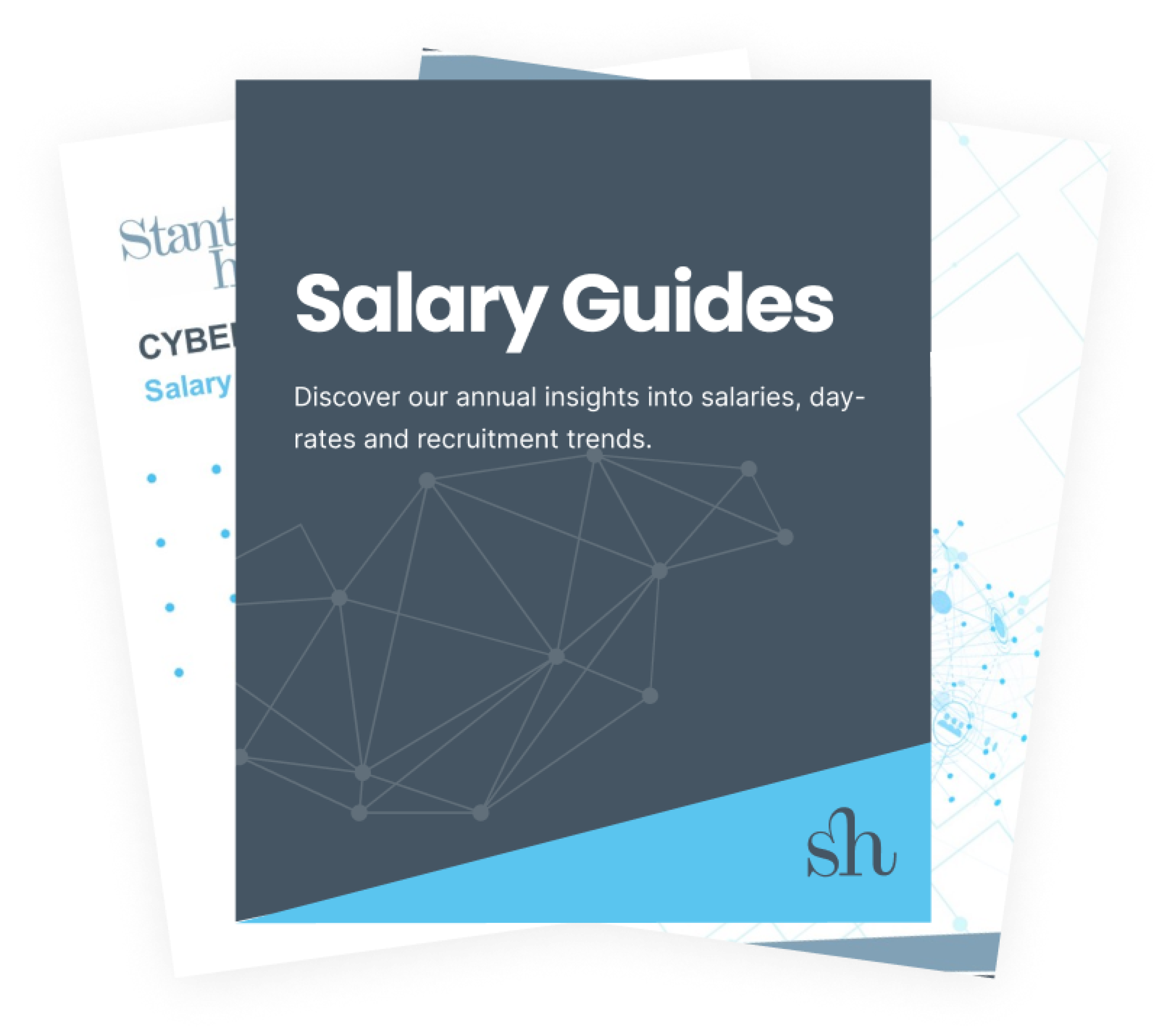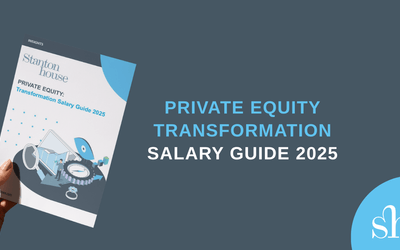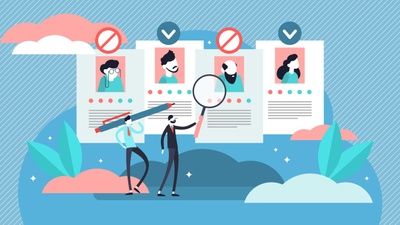
Imposter Syndrome: Becoming Comfortable with Being Uncomfortable
Imposter syndrome is probably a phrase you have heard being thrown around at some point in your life, perhaps you have struggled with it yourself, or perhaps you struggle with general anxiety. Either way, as someone who has struggled on and off with my anxiety for several years now, I would like to say that I have a vested interest in working out what triggers it. During this joyous (not!) period of self-reflection, I realised that in a lot of professional situations, I feel like an imposter. This feeling that would trigger my anxiety would dissuade me from taking part or staying in situations that I felt I didn’t belong in.
I did some research, and it turns out that I’m not alone, approximately 58% of people suffer from imposter syndrome or feelings of anxiety in the workplace, that is 3/5 people- so look around you, there is a high likelihood that if it's not you feeling this way, someone in your team does.
So… what exactly is imposter syndrome – scientifically speaking?
After some extensive googling, I realised that imposter syndrome is referred to as a condition that is very common in high-achieving individuals who despite their successes fail to internalise their accomplishments and have persistent self-doubt.
Now, I am definitely not here to self-proclaim myself as a high achiever in the hopes that my family is reading this, but what resonated with me is the ‘failure to internalise their accomplishments’ part of that quote. I think it’s easy for highly ambitious people to not recognise their achievements, how far they have come, and the impact they can bring to those situations.
I am very guilty of this myself. For example, just the other day in a conversation with a manager I was getting worked up about a particular call with a tricky client that didn’t go to plan, and I genuinely thought that there was nothing I could do to help them. However, I had totally ignored the fact that prior to this call I had several successful calls.
For those who still can’t relate, a recent example of my imposter syndrome was when I was in a client meeting with an individual who needed help sourcing candidates for their role. I suddenly, felt a sense of dread that I wouldn’t be able to help them or that they would take one look at me and not want to continue to work with me in comparison to another more experienced recruiter. A quote that I think sums it up is this one below from Michelle Obama:
"I still have a little impostor syndrome… It doesn't go away, that feeling that you shouldn't take me that seriously. What do I know? I share that with you because we all have doubts in our abilities, about our power and what that power is."
Luckily, there are some simple ways to really regain our power and help combat that deep feeling of imposter-related anxiety.
What can be done to help overcome imposter syndrome?
Self-reflection.
Self-reflection has been a key enabler in helping me to build self-confidence. Looking to the future is the norm for people who want to achieve but arguably looking back is equally important. If I look back to the person, I was a year ago today I had just entered the recruitment industry with no experience in talking to clients in any capacity. Now I speak to multiple on a daily basis gaining more experience in the process. Be confident in what you know!
Welcome and celebrate feedback.
What I really like about Stanton House is that we have such a great working and feedback culture. I think because of my imposter syndrome I often fear feedback will confirm that my colleagues will agree that I don’t know what I am doing. However, it’s important to accept feedback as a tool for growth in areas where I could be stronger in order to be more beneficial to my customers. It is also equally important to acknowledge where your strengths lie to utilise them more effectively in situations where you feel uncomfortable. For example, I was recently told I was good at building relationships with people, but that I could be more focused on asking them questions to gain more insight into their challenges. This was super useful as it has allowed me to go into situations with the focus on understanding them more and where I can add value and support them better.
Diary management.
I confess probably my weakest area is organisation – just ask some of my colleagues (getting better though!), but having a clear plan on what your day or week ahead looks like helps to manage imposter syndrome by allowing you the time to work out your value add and to psychological prepare for the challenges ahead.
Trial and error.
Acknowledging the fact that not everything will go to plan and that you are not perfect. There is a clear correlation between imposter syndrome and perfectionism. In our pursuit of being perfect, we put pressure on ourselves which only strengthens the feeling of being an imposter. No one is perfect and accepting this fact helps to minimise self-doubt. Viewing interaction where you feel uncomfortable as an opportunity to learn has been a game changer for me.
So honestly, if even the amazing Michelle Obama herself suffers from imposter syndrome, then it really can happen to anyone. So instead of hiding in the shadows trying to understand why you’re feeling so anxious in the workplace, I encourage everyone to dig deep and try to understand if this feeling of anxiety might be manifesting as imposter syndrome and if it is, speak out to your manager about it and follow the steps above to try to be as prepared for it in your day to day life as possible.
It is also important to understand that it is a journey, I definitely still struggle with some of the points above and have in no way ‘cured’ my imposter syndrome. In fact, I still believe I have some way to go. Nevertheless, I am definitely getting there by working on it every day.


















